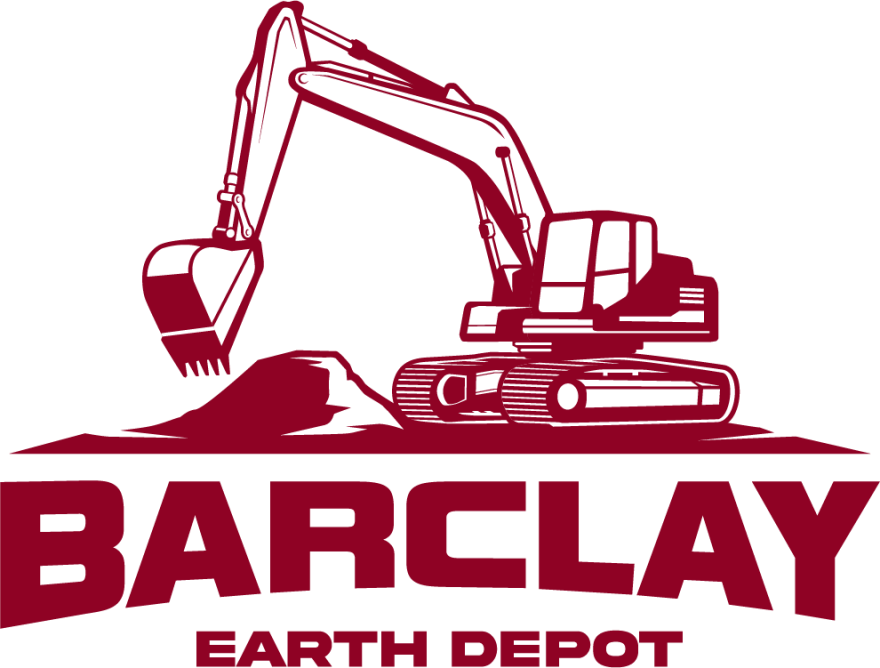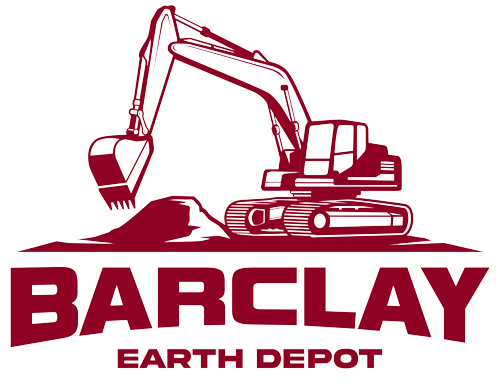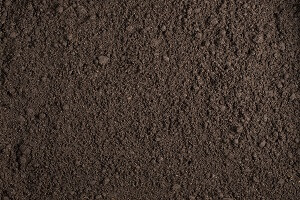 Did you know that there are a wide variety of different types of soil in Florida? In fact, the state is home to many types of soils, each with unique and specific use characteristics. Some soils are better for farming, while others are more suited for construction.
Did you know that there are a wide variety of different types of soil in Florida? In fact, the state is home to many types of soils, each with unique and specific use characteristics. Some soils are better for farming, while others are more suited for construction.
Knowing about the different types of Florida soil can help you choose the right one for the exact needs of your project and avoid making critical mistakes that can compromise the integrity and durability of the project.
Types of Soil in Florida
Some of the most common soils found in the state of Florida include the sandy, loamy and clay-based soils.
Sandy Soils
Sandy soils are found along the coasts and in the low-lying areas that surround major rivers and streams. They are composed mainly of quartz and contain very little organic matter.
Sandy soils can be quite dry during periods of long drought, but they do have good water-holding capacity and can retain moisture for extended periods of time. This can be beneficial for landscaping in Florida as the sand makes the moisture more readily available.
Loamy Soils
Loamy soils are characterized by a combination of sand, silt and clay particles. These soils are well-drained, allowing for air circulation and efficient drainage of excess water.
Loams provide excellent rooting depth for plants, making them an ideal choice for gardens or agricultural production. The texture of these soils allows them to hold essential nutrients, making it easier for plants to absorb nutrients from the soil.
Clay-Based Soils
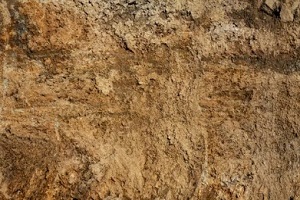 Clay-based soils are found mostly in upland areas with slightly acidic pH levels. Clay and clay dominant soils have the highest water retention capacity among all other types of soil– making them more suitable for growing crops, such as soybeans, that require plenty of water to thrive.
Clay-based soils are found mostly in upland areas with slightly acidic pH levels. Clay and clay dominant soils have the highest water retention capacity among all other types of soil– making them more suitable for growing crops, such as soybeans, that require plenty of water to thrive.
However, this type of soil can become compacted easily due to its dense consistency which makes it tough for plant roots to penetrate into the deeper layers of soil where nutrients can be accessed more easily.
Humidic Soils
In areas where Florida has a warmer climate throughout much of the year, there are also humidic subsoils that form deep beneath sandy or loamy topsoils and contain high amounts of organic material such as decaying leaves, woody material, grass clippings and other materials from nearby vegetation sources.
Humidic subsoils typically remain moist throughout most times during the year, providing a rich source of nutrients that aid in optimal crop growth while maintaining adequate drainage levels on Florida’s lands. This can ensure that excess water doesn’t pool over large areas which could create flooding issues during heavy rainfalls, due to Florida’s flat terrain across many regions within the state.
Histosols
Histosols are another type of Florida soil that is composed of largely organic matter, such as sphagnum mosses and peat mosses with some mineral content such as sand or clay particles within its structure.
Histosols often appear black when wet due to their high concentrations of humus content, and they are typically found in wetland plains or lake beds throughout Florida’s coastal regions. In these areas, there are low-elevation regions where surface runoff from higher elevations accumulates over flatter grounds, creating wetlands.
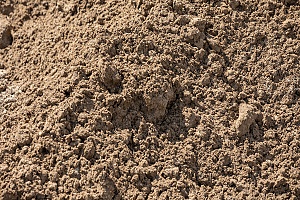 Humidic histosols feature high absorptive qualities when it comes to storing moisture from precipitation events, while offering nutrient-dense environments ideal for diverse vegetation growth. This type of soil is ideal for areas that require a highly absorbent soil type.
Humidic histosols feature high absorptive qualities when it comes to storing moisture from precipitation events, while offering nutrient-dense environments ideal for diverse vegetation growth. This type of soil is ideal for areas that require a highly absorbent soil type.
At times, Histosols will undergo natural processes known as hydric processes where the matter will break down and release vital nutrients back into their surrounding ecosystems, creating perfect conditions for landscaping and gardening on a site.
Why It Is Important To Understand Soil Types
Understanding the different types of soil present in Florida is critical when planning any construction project. If the project is to be durable and last for years to come, the soil upon which it rests must be a primary consideration during the planning phase of the project.
If you are in need of assistance finding the perfect type of soil your project’s needs, Barclay Earth Depot can help provide the guidance and advice you need. Their team of aggregate experts specializes in guiding managers and business owners, enabling them to obtain high-quality aggregate that fits the exact specifications of their project needs.
The focus on the soil type and quality will ensure that everything remains sound, even after years of exposure to the infamous weather conditions present throughout the state of Florida.To learn more about how you can be best prepared for your next project, reach out to the soil and aggregate experts at Barclay Earth Depot today at 941-933-4448.
